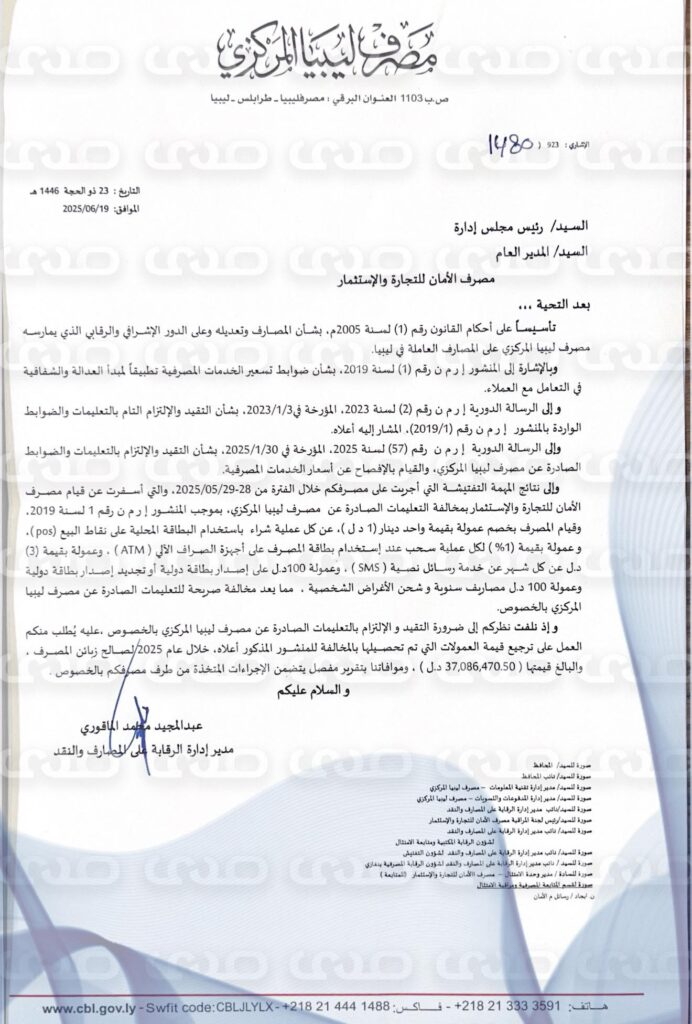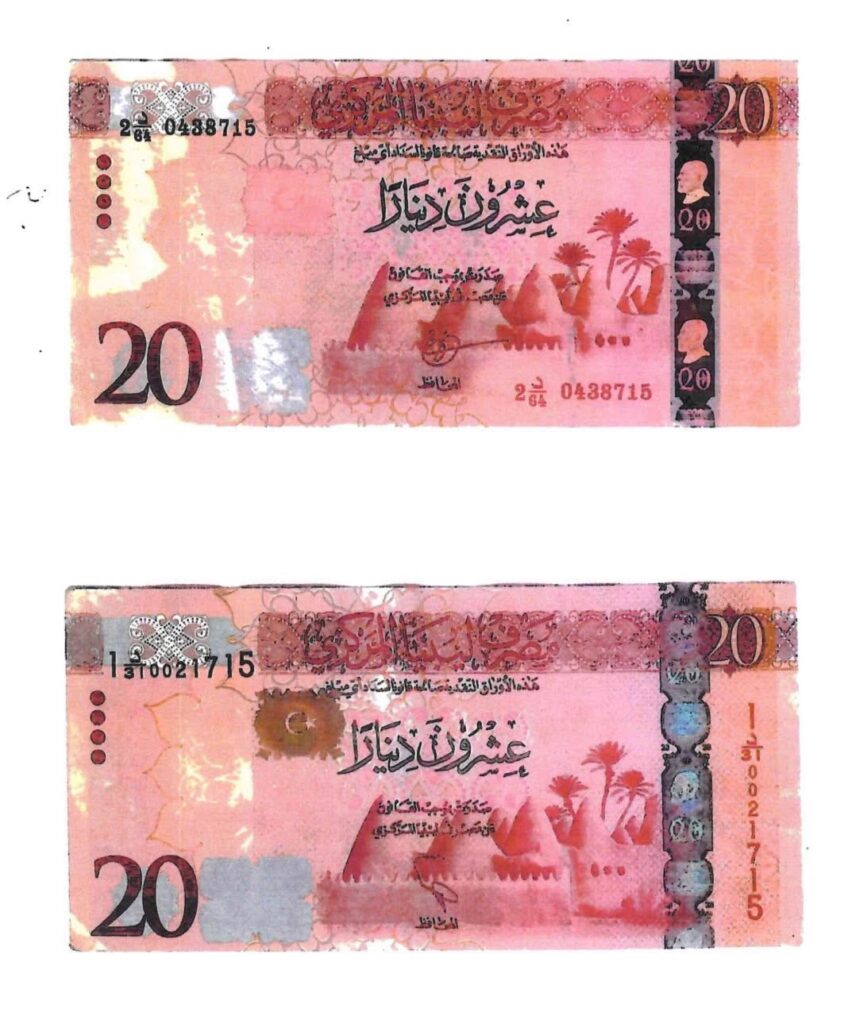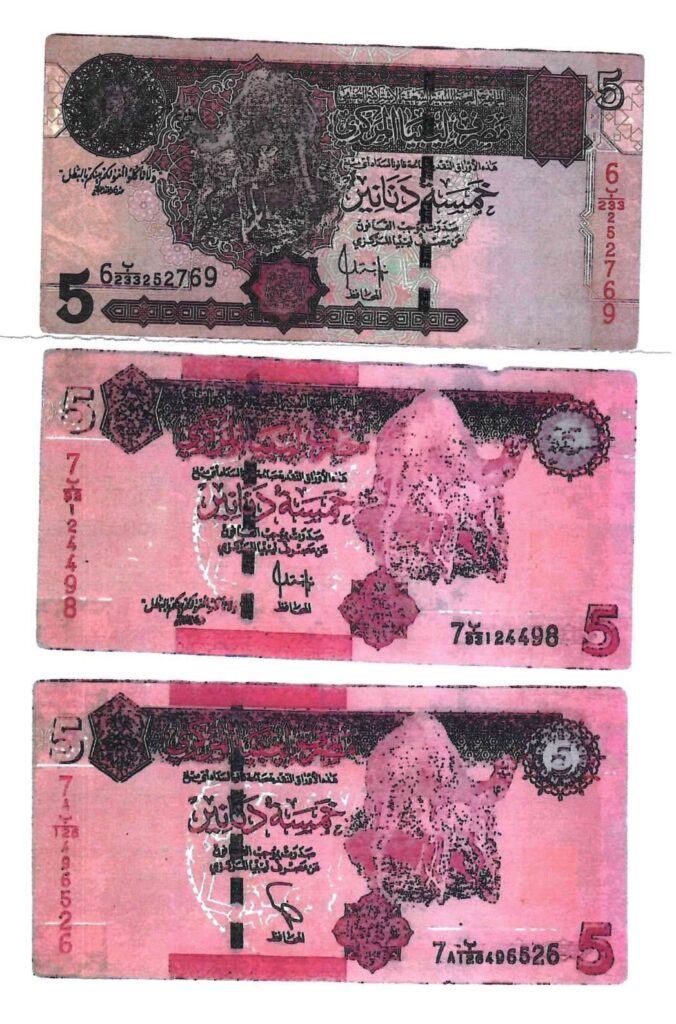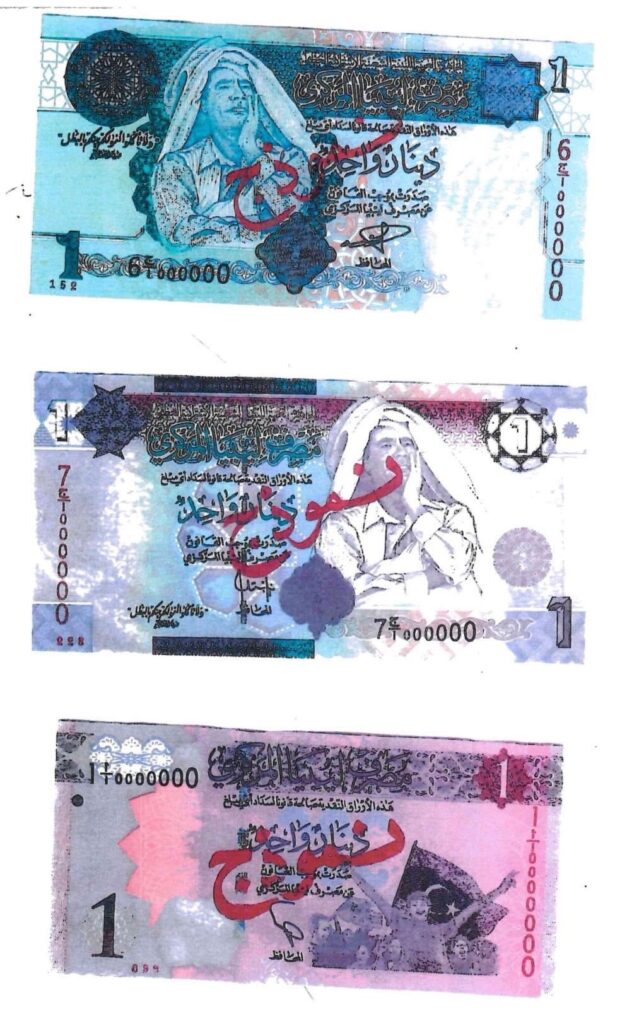Anas Ashneibeesh wrote an article in which he said:
In a world where technological advancement is accelerating, digital transformation has become a national necessity, not a choice. Singapore presents a model worth emulating in how it has employed technology to build a strong economy and an integrated society, despite limited natural resources. From this perspective, Libya—currently in a reconstruction phase—can benefit from this experience to build a modern state based on knowledge and technology.
First: The Singaporean Experience – From Planning to Execution
Early and Long-Term Planning
• In the 1980s, Singapore began drafting a comprehensive national computing plan.
• It set realistic goals for building a strong digital infrastructure.
Developing Digital Infrastructure
• Establishing high-speed internet networks.
• Digitally supporting vital sectors (health, education, transport).
Transition to E-Government Services
• Digitizing public services to reduce bureaucracy.
• Providing smart services to citizens through unified digital platforms.
Major Initiatives Like Smart Nation
• Utilizing AI, the Internet of Things, and big data analytics.
• Enhancing transparency and improving citizens’ quality of life.
Second: How Can Libya Benefit from the Singaporean Model?
Developing a National Digital Vision
Libya needs a clear digital strategy starting from the head of government and involving all institutions. Like Singapore, Libya can launch a national digital transformation plan that defines:
• Short- and long-term goals.
• Priority sectors (education, health, security, services).
Investing in Digital Infrastructure
Despite difficult conditions, gradual steps can begin by:
• Improving internet networks.
• Supporting digital transformation in government institutions.
• Establishing national data centers to protect information.
Digitizing Government Services
• Developing a unified platform for Libyan citizens, similar to “SingPass,” to simplify access to services.
• Implementing digital payment systems to reduce reliance on cash and enhance transparency.
Empowering Youth and Capacity Building
Like Singapore, Libya should:
• Support tech education and vocational training.
• Establish incubators and innovation centers for youth.
• Encourage digital entrepreneurship.
Enhancing Cybersecurity
Creating a national digital security body (like CSA in Singapore) has become essential to protect Libya’s infrastructure from cyber threats.
Third: Challenges Facing Libya and Solutions Inspired by the Singaporean Experience
• Political Division:
Make digital transformation a neutral national project that transcends conflicts, becoming a unifying rather than dividing factor.
• Weak Infrastructure:
Start with small-scale digital projects that directly impact citizens, paving the way for broader infrastructure development.
• Lack of Technical Expertise:
Launch national training programs in digital skills in collaboration with universities and educational institutions.
• Resistance to Bureaucracy:
Implement the principle of “smart governance” to simplify procedures and boost transparency and efficiency in service delivery.
Fourth: A Forward-Looking Vision for Digital Libya
If Libya adopts thoughtful and continuous steps toward digital transformation, it can, within a decade:
• Reduce administrative corruption through digital governance.
• Improve citizen services in education and healthcare.
• Empower the digital economy and create job opportunities for youth.
From this standpoint, Libya—like Singapore decades ago—is at a critical turning point. As it recovers from its crises, embracing the digital transformation model, as Singapore did, could be the path toward building a modern, resilient, and effective state. The key is not copying Singapore to the letter, but understanding the essence of its experience: planning, willpower, and inclusivity.





















